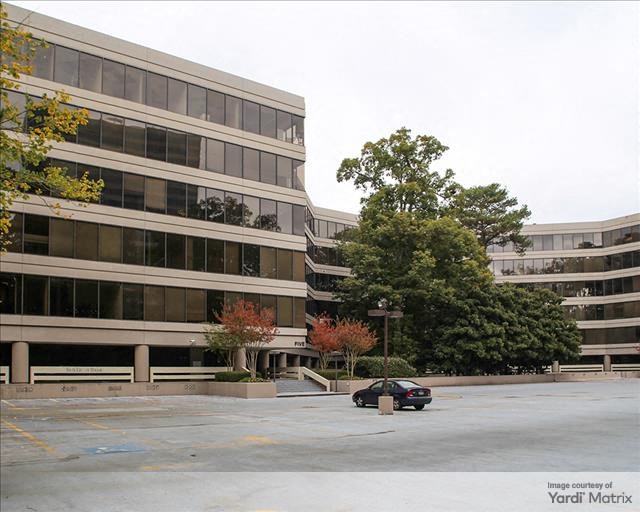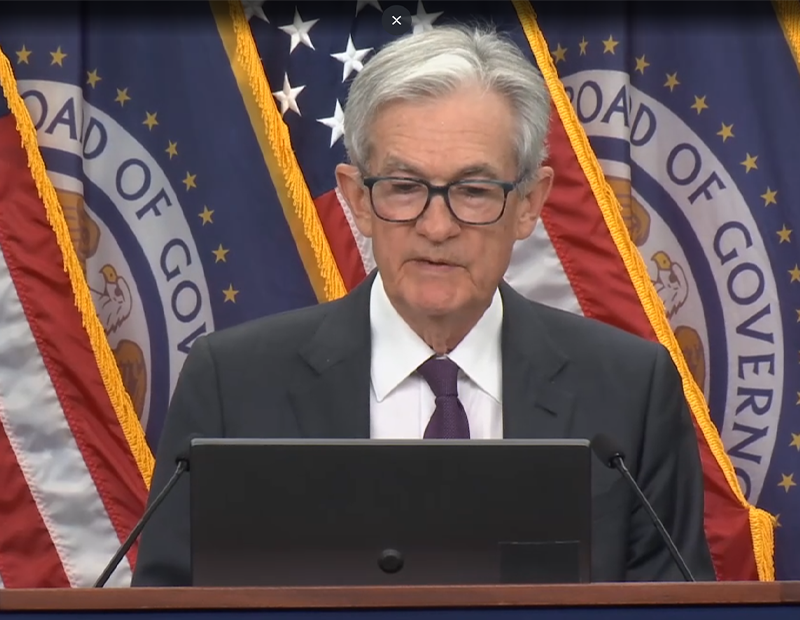Atlanta’s Office Activity Ranks High, Pricing Stays Soft
The metro’s office investment volume was among the top 10 nationally, according to Yardi Research Data.
Atlanta’s office real estate market remained stable through the first seven months of the year, even as the development pipeline contracted and only two projects came online, according to Yardi Research Data.
Tenants are demonstrating renewed optimism, committing to longer lease terms and securing premium spaces early, motivated by more defined return-to-office strategies and the city’s appeal as a business-friendly hub with a strong talent pool.
Atlanta’s office visits as of July were only 14.8 percent lower compared to the figures registered in 2019, with only New York and Miami faring better, Placer.ai reports. However, the market’s vacancy rate continued to rise year-over-year, although at a slower pace compared to most peer markets.
Office buildings in Atlanta still traded at below-average rates, despite the metro’s investment volume ranking in the top 10 nationally. The metro was surpassed mostly by gateway markets.
Less office projects underway in Atlanta
Atlanta’s office development pipeline as of July clocked in at 707,500 square feet, accounting for 0.3 percent of its total inventory. This percentage represented only half of the national average. Austin (2.6 million square feet) and Houston (1.6 million square feet) had more space underway, while Charlotte (539,447 square feet) was at the opposite pole.

When also taking into account the projects in different planning stages, the metro’s share reached 2.7 percent, slightly above the 2.1 percent U.S. figure. Austin (6.7 percent) took the lead nationally, while peer markets such as Houston (2.1 percent) and Phoenix (1 percent) lagged behind.
One of the largest projects currently underway is the third phase of Technology Square, which will comprise two buildings totaling 416,500 square feet, as well as an outdoor plaza and ground-floor retail space. The project is slated for completion next year.
As for office completions, only two properties totaling 373,340 square feet came online year-to-date through July. This number is 67 percent lower compared to the figure registered during the same timeframe of last year.
Sales activity ranks high, prices remain low
Atlanta’s office investment volume ranked in the top 10 nationally year-to-date as of July, reaching $832 million in total sales. However, assets in the metro traded for $139 per square foot on average, well below the $182 national figure.
Compared to other Sun Belt markets, Atlanta’s sale prices ranked in the middle. Markets such as Dallas ($229 per square foot) and Charlotte, N.C., ($144 per square foot) traded for more, while Houston properties ($96 per square foot) lagged behind.

In July, Banyan Street Capital obtained a $42 million first mortgage loan for the acquisitioning and repositioning of the Atlanta Financial Center, a three-building office campus. The complex previously traded in 2016, when a Sumitomo Corp. affiliate paid $222.5 million for it.
A month earlier, the 2.2 million-square-foot Piedmont Center traded in a foreclosure deal. CP Group and Bawag Group acquired the 14-building campus for $200 million and plan to reposition it into a hospitality-driven workplace.
Vacancy rate surpasses national figure
Atlanta’s office vacancy rate as of July clocked in at 19.9 percent, marking a 150-basis-point increase year-over-year and surpassing the 19.4 percent national average. Peer markets such as Charlotte (17.7 percent) and Philadelphia (18.9 percent) had less space available, while Dallas (22.9 percent) and Austin (27.2 percent) were at the opposite pole.

In May, TriNet committed to 150,000 square feet within the High Street mixed-use development. At the time, this was the metro’s largest office agreement of the year. GID owns the $2 billion town center district that is currently underway.
Additionally, the metro’s average listing rate at the end of the same month was $35.7, representing a 11.4 percent year-over-year increase. That figure was above the $32.7 national average, as well as peer markets Phoenix $29.5 and Houston $27.6. Austin ($45.6) fared better.
Atlanta’s coworking footprint remains steady
Atlanta’s shared space inventory as of July clocked in at 4.8 million square feet, accounting for 2.3 percent of its total office inventory, 30 basis points above the national average. There were 238 coworking locations across the metro.
Compared to peer markets, only Dallas-Fort Worth (5.2 million square feet) had a larger coworking footprint, while Houston (4.5 million square feet) and Philadelphia (3 million square feet) followed close behind.
Regus had the largest shared-space inventory in the metro, with 600,724 square feet across 27 locations. The provider was followed by Roam (316,800 square feet) and Industrious (327,033 square feet). WeWork trailed behind with 237,675 square feet.







You must be logged in to post a comment.